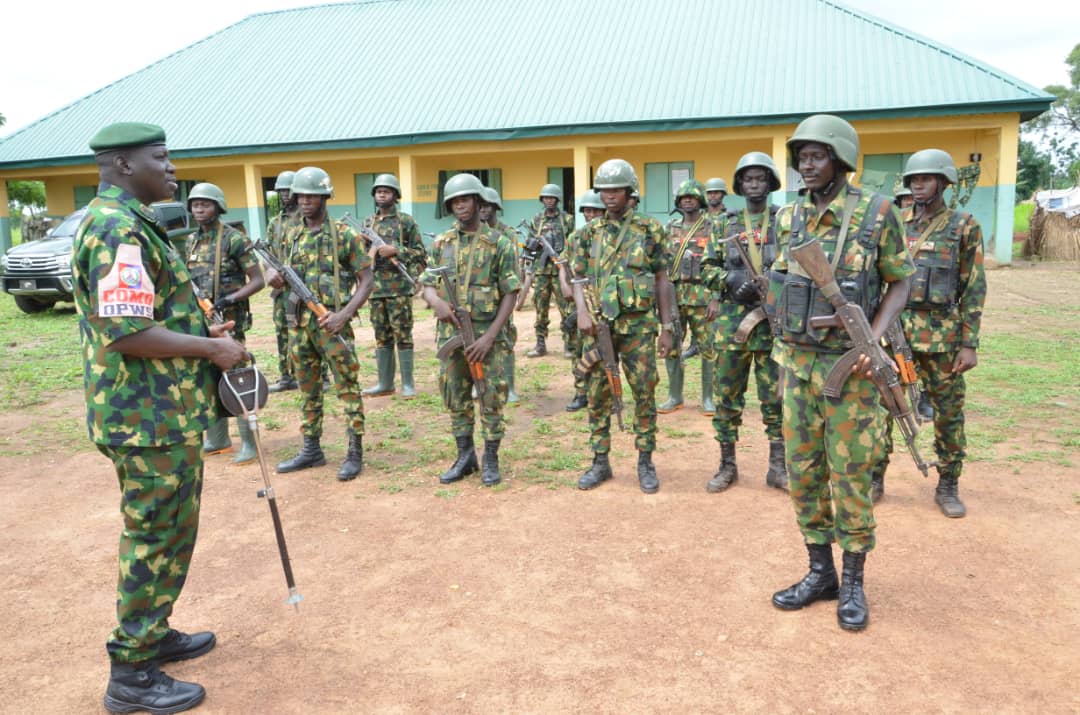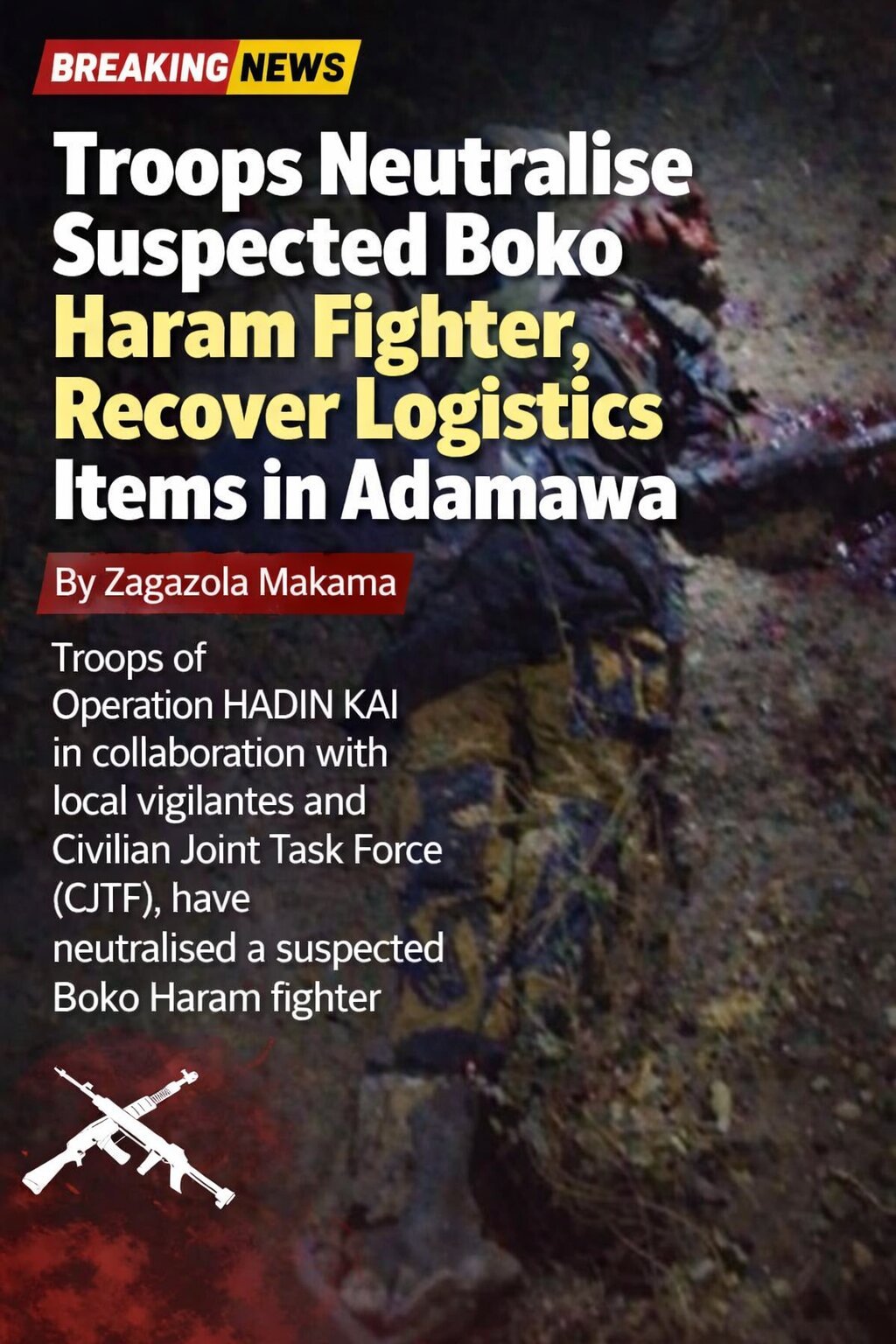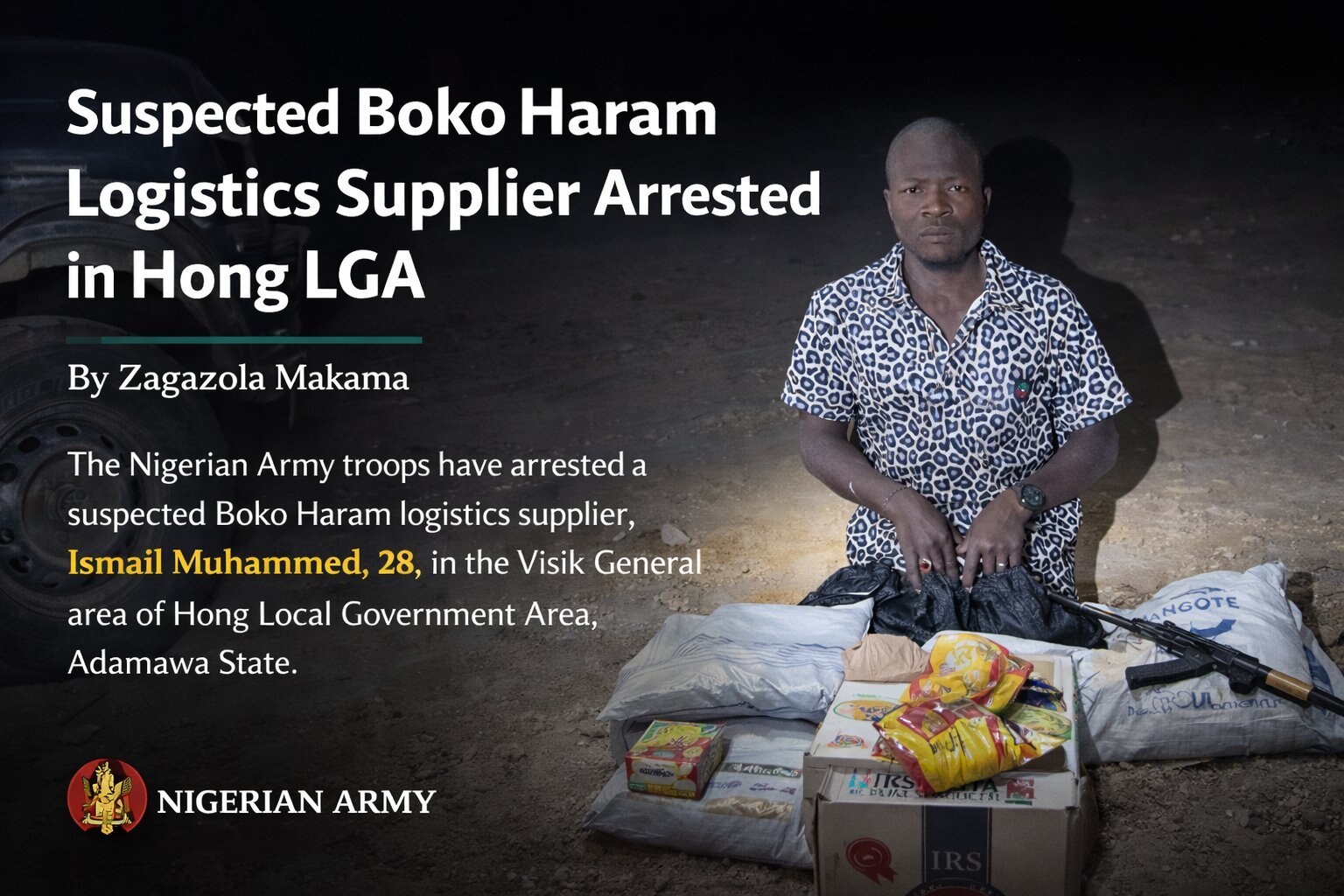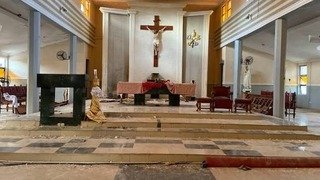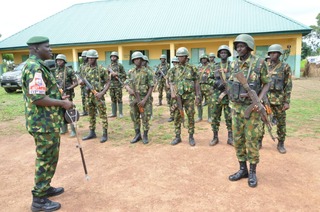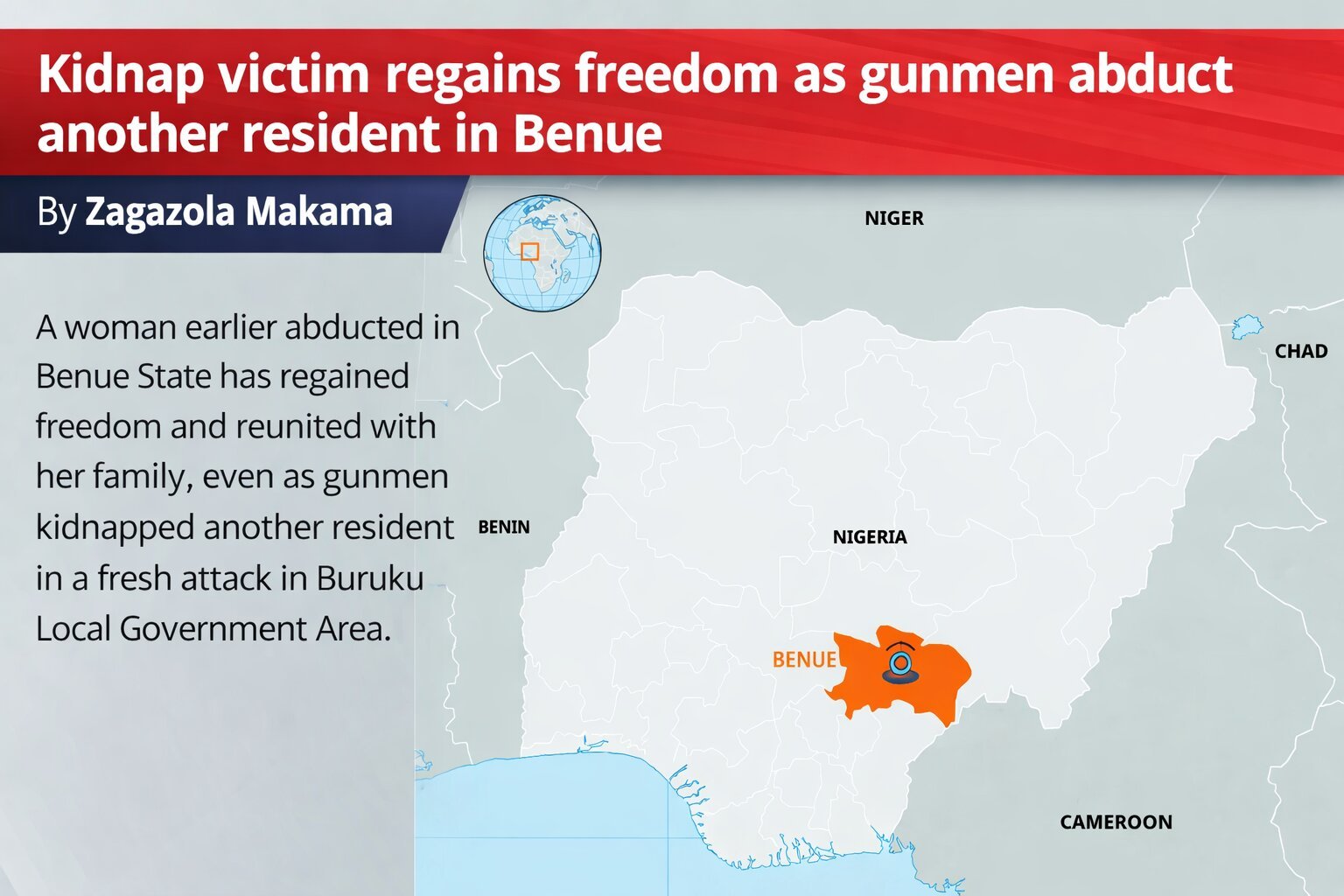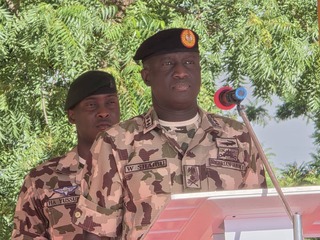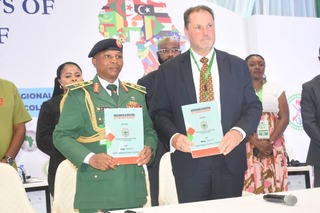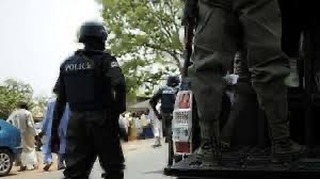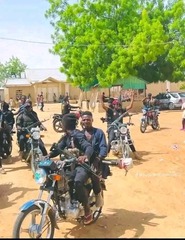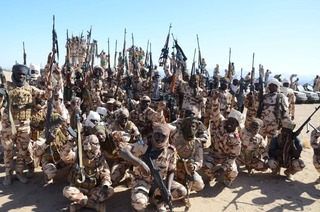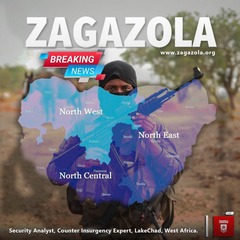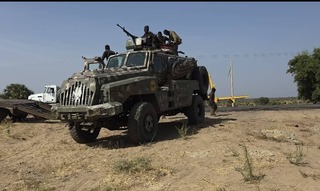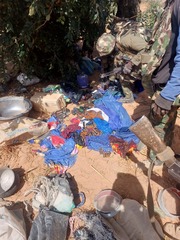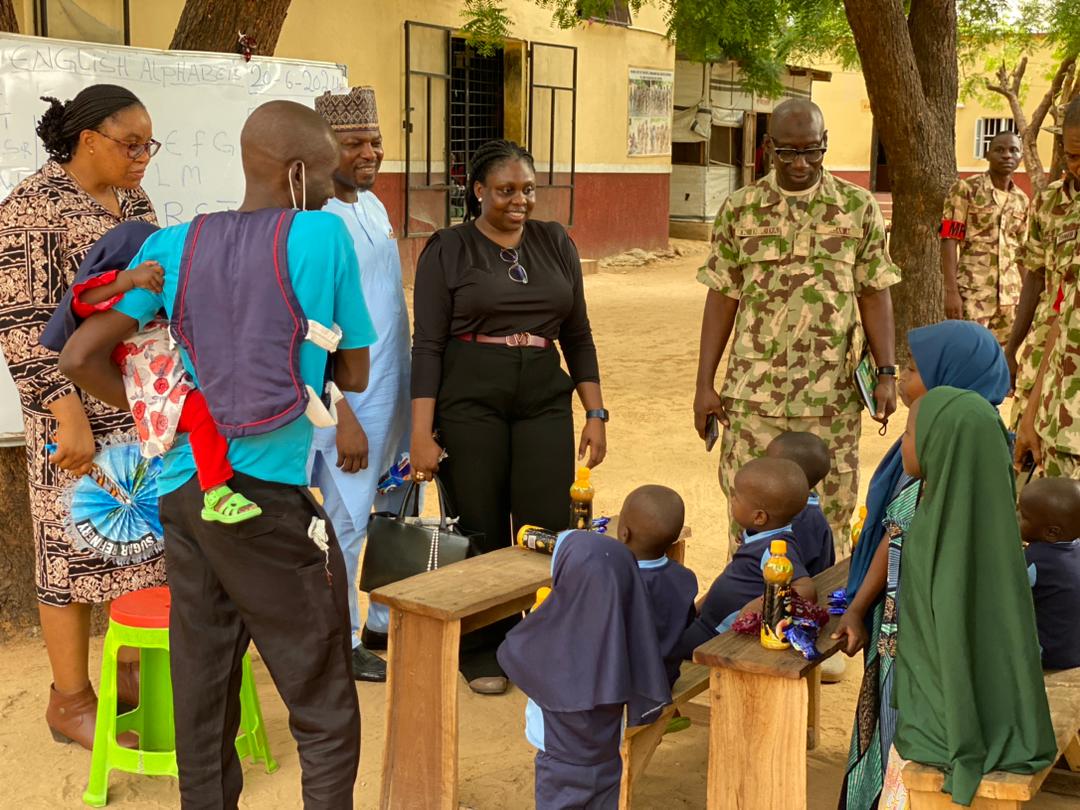OPERATION WHIRL STROKE COMMANDER REAFFIRMS COMMITMENT TO TROOPS’ WELFARE, COMBAT READINESS IN BENUE VISIT
The Force Commander of Operation WHIRL STROKE (OPWS), Maj.-Gen. Moses Gara, has restated the Nigerian military’s commitment to the welfare, discipline, and operational readiness of troops deployed in Benue State.
Gara gave the assurance during a routine operational visit to Kula, Forward Operating Base (FOB) Awume, and Agagbe – all under Sector 1 Area of Responsibility (AOR) of OPWS in Benue State – on Wednesday.
The visit, according to the OPWS Headquarters, forms part of the Commander’s field assessment initiative aimed at sustaining mission effectiveness and improving frontline conditions.
Addressing troops at the various locations, Maj.-Gen. Gara emphasized the critical role of welfare in achieving operational success, noting that proper feeding, adequate rest, mental resilience, and preventive maintenance of arms were fundamental to combat efficiency.
“The welfare of our troops remains paramount. It affects not only morale but also our strength, alertness, and endurance in the field,” Gara said.
During his inspection, the Force Commander toured kitchen facilities, interacted with mess staff, and shared meals with troops. He stressed the importance of maintaining hygienic and nutritious standards in food preparation.
He also urged troops to take personal responsibility for the upkeep of their weapons, which he described as “a soldier’s closest ally in battle.”
On leave and rest periods, Maj.-Gen. Gara acknowledged the psychological importance of structured downtime and directed commanders to implement pass rotations that would not compromise the operational tempo.
The Force Commander concluded his visit with a charge to personnel to sustain vigilance, intensify farm patrols to support food security, and uphold high standards of discipline and professionalism.
Operation WHIRL STROKE is a joint military task force responsible for addressing armed banditry, herder-farmer conflicts, and other security threats in Benue, Nasarawa, Taraba, and parts of Niger State.

